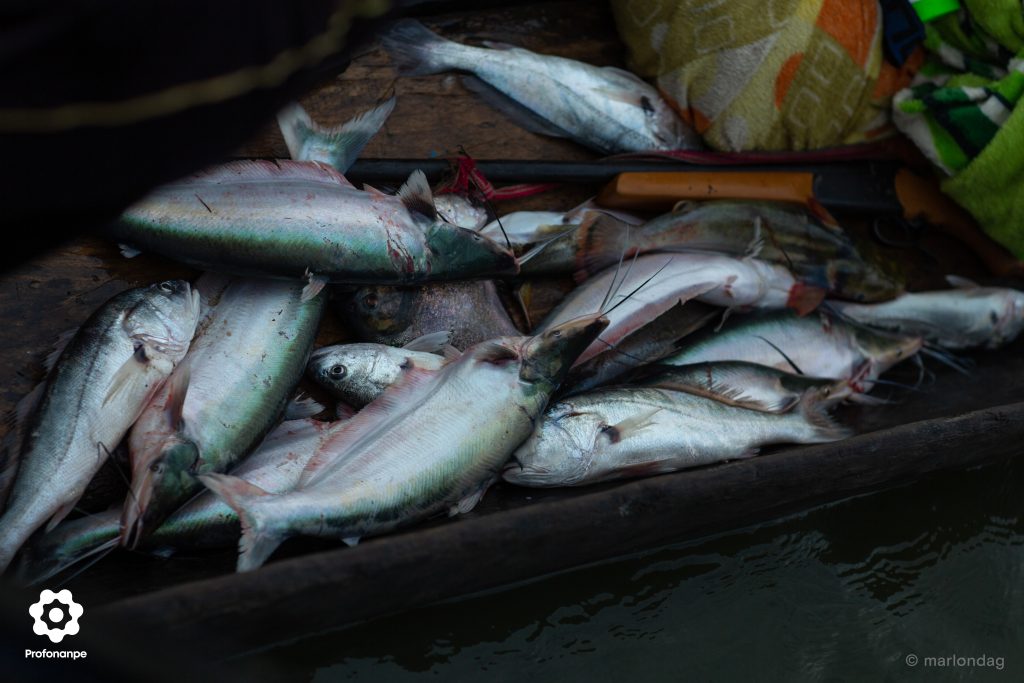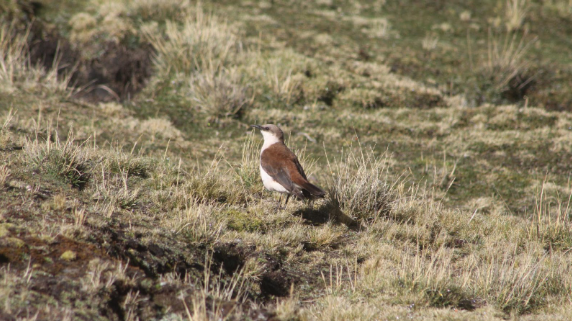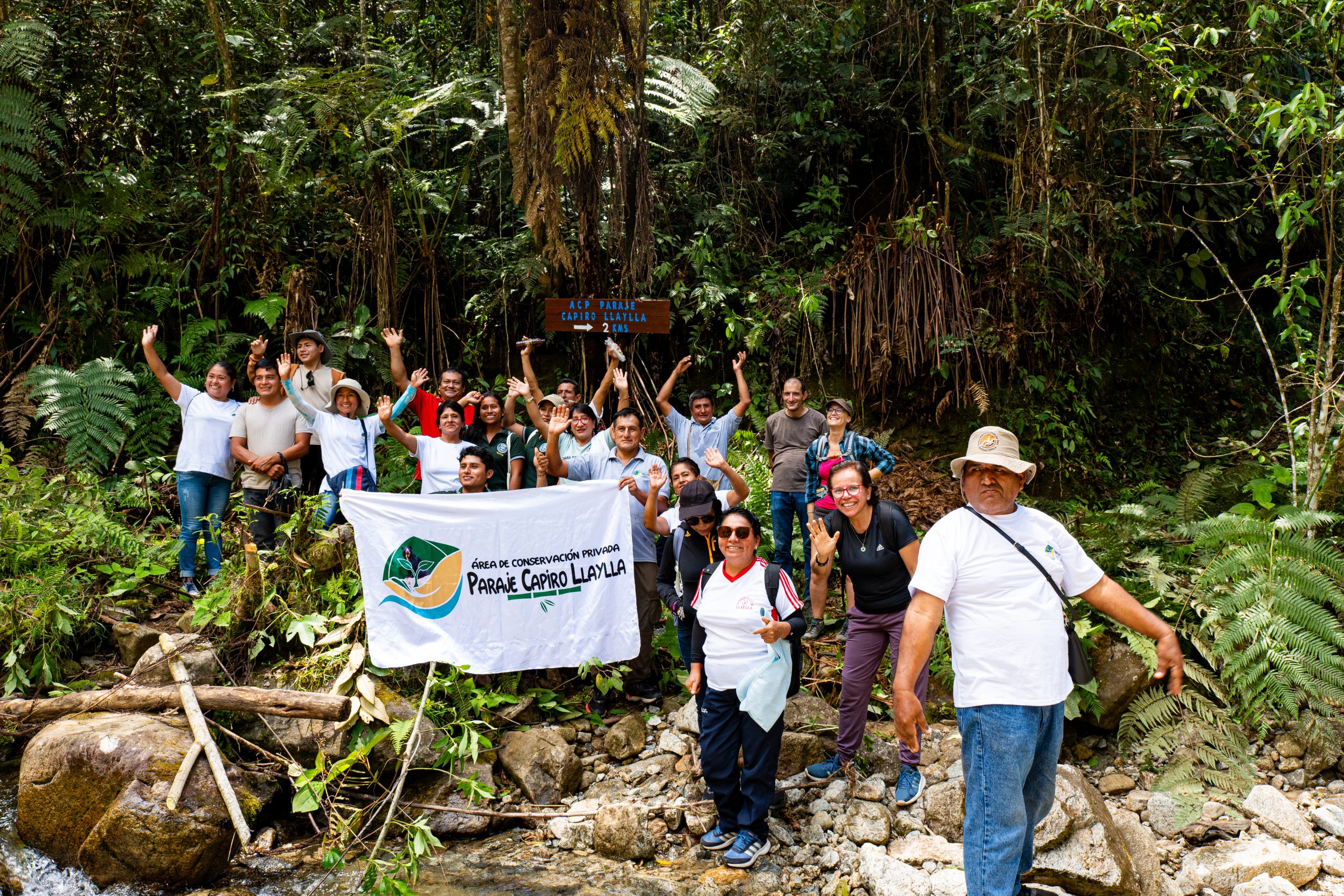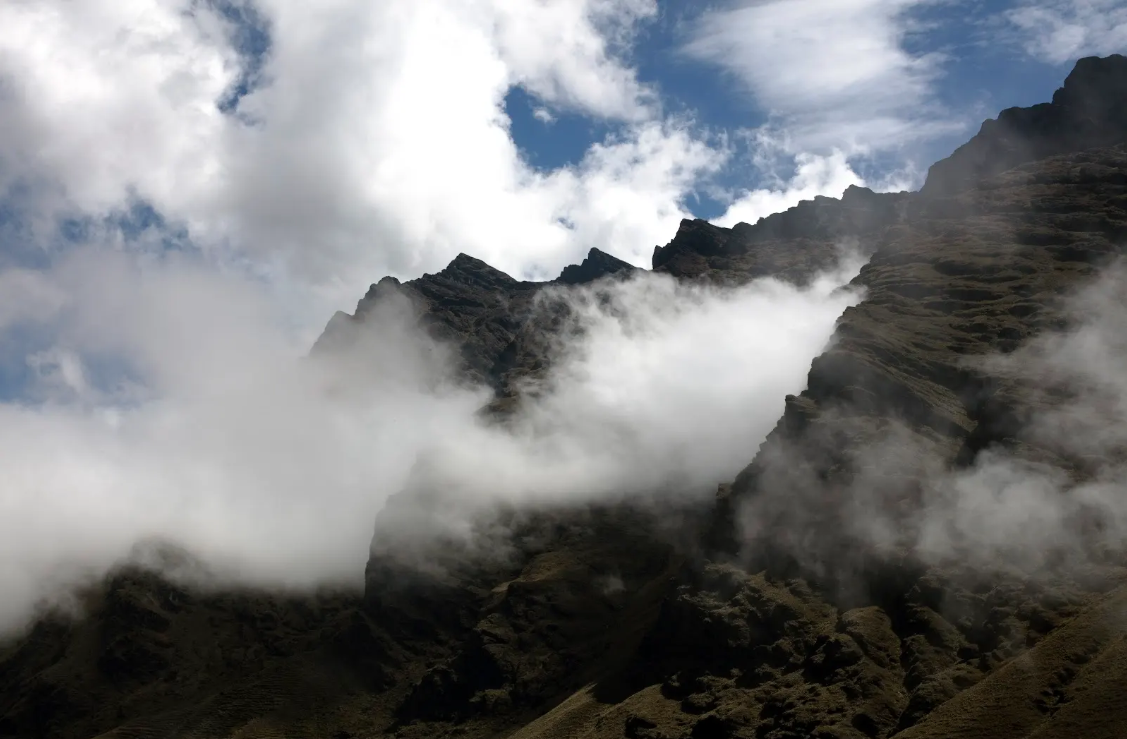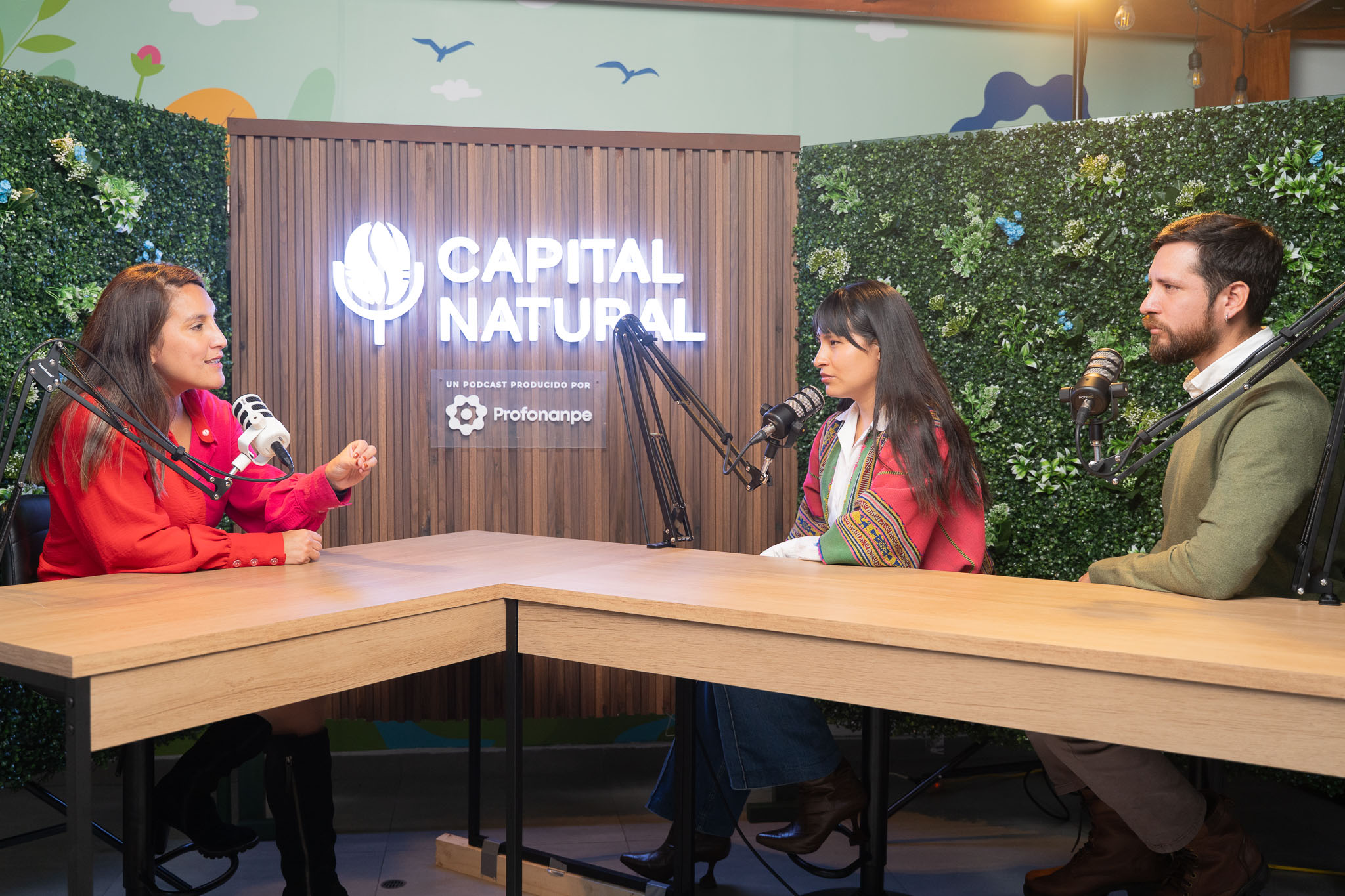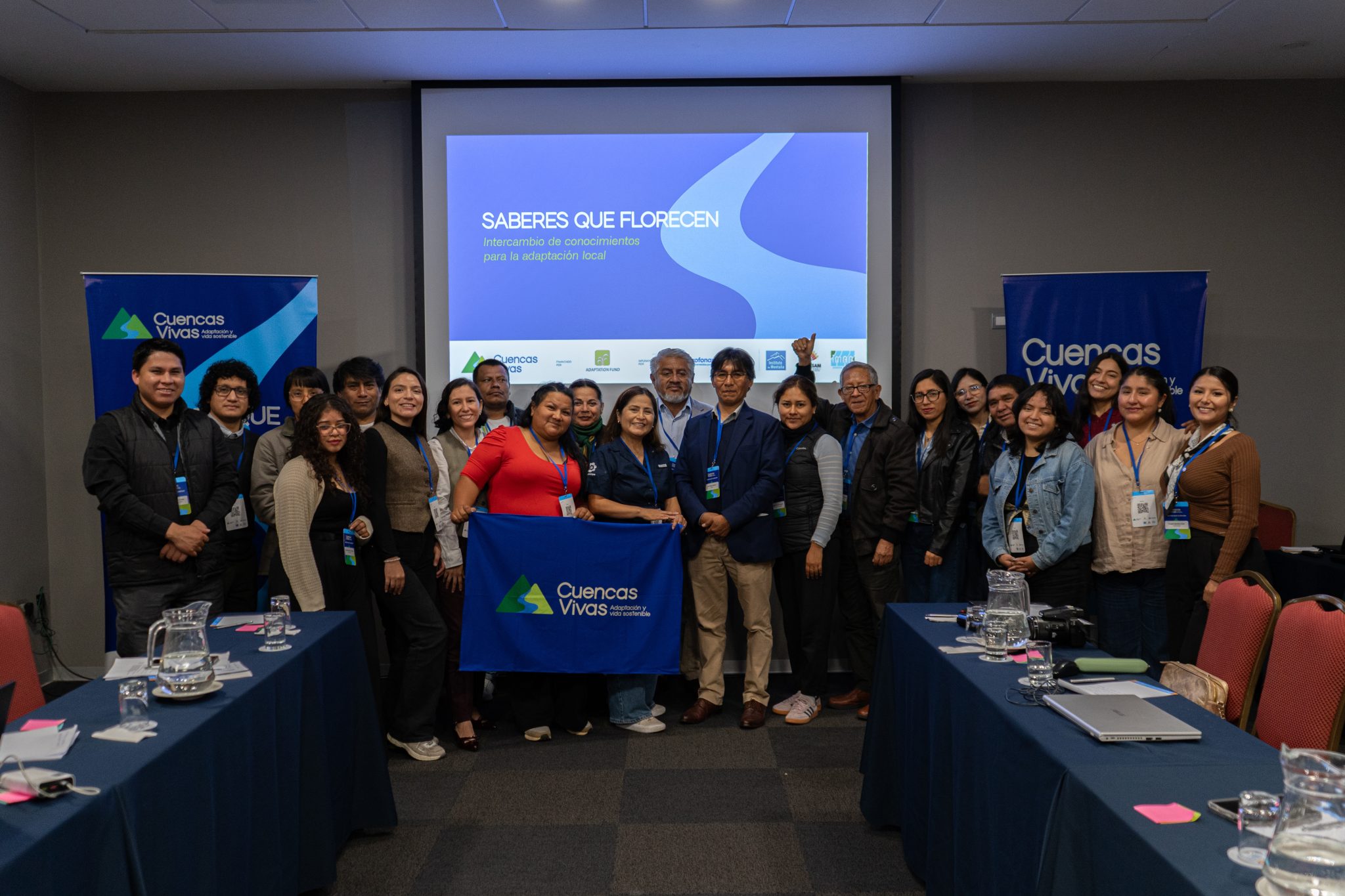In the Kandozi Musa Karusha and San Fernando communities where the Katinbashi and Kachispani artisanal fishermen’s associations have been organized, located in the Datem del Marañón province in Loreto, artisanal fishermen continue to strengthen their capacities for the development of conservation and management of fish products. Because they encountered several setbacks in freezing and transporting the fish, they could sometimes lose up to 30% of their production due to decomposition. For this reason, within the framework of the Datem del Marañón Wetlands Project of Profonanpe, KOICA and Green Climate Fund, an ice plant with isothermal boxes and a 10-ton boat was implemented to consolidate the fresh Amazonian fish chain. To complement these actions, at the end of May a fisheries management program was developed for the leaders of the associations. To this end, we worked in alliance with the CITE Productivo Maynas, which is part of the Instituto Tecnológico Pesquero and the Ministry of Production, and with the Universidad Nacional de la Amazonía Peruana.
The workshop focused on the benefits of fish, nutritional information, safety and good manufacturing practices. In addition, emphasis was placed on the key points to ensure that the quality of the fish is not lost due to delays in the processing and transfer process. Finally, there was a training program on good fishing practices and the use of ice for refrigeration of fresh Amazonian fish.
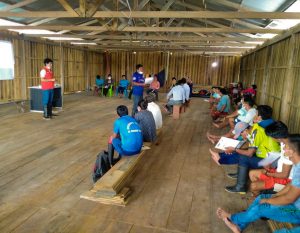
The response from the communities has been positive and we have been able to find about fifty artisanal fishermen of different ages. They have received these workshops with great interest and have shown a strong commitment to improving their fishing practices and strengthening production chains, which in the long term will enable them to become competitive and have positive results to ensure the sustainability of the processes. They know that since it is a natural resource, its conservation and that of all hydrobiological resources must be ensured.
This training program will continue in the medium term. It is a pending task to continue improving processes for sustainability, considering that the Kandozi indigenous production of the Pastaza largely supplies the fish consumed in Yurimaguas and Tarapoto. Workshops are also planned to develop the role of women in the production chain, specifically in the preservation of dried and salted fish. Capacity building and knowledge management are some of the pillars promoted by Profonanpe as Peru’s Environmental Fund.


